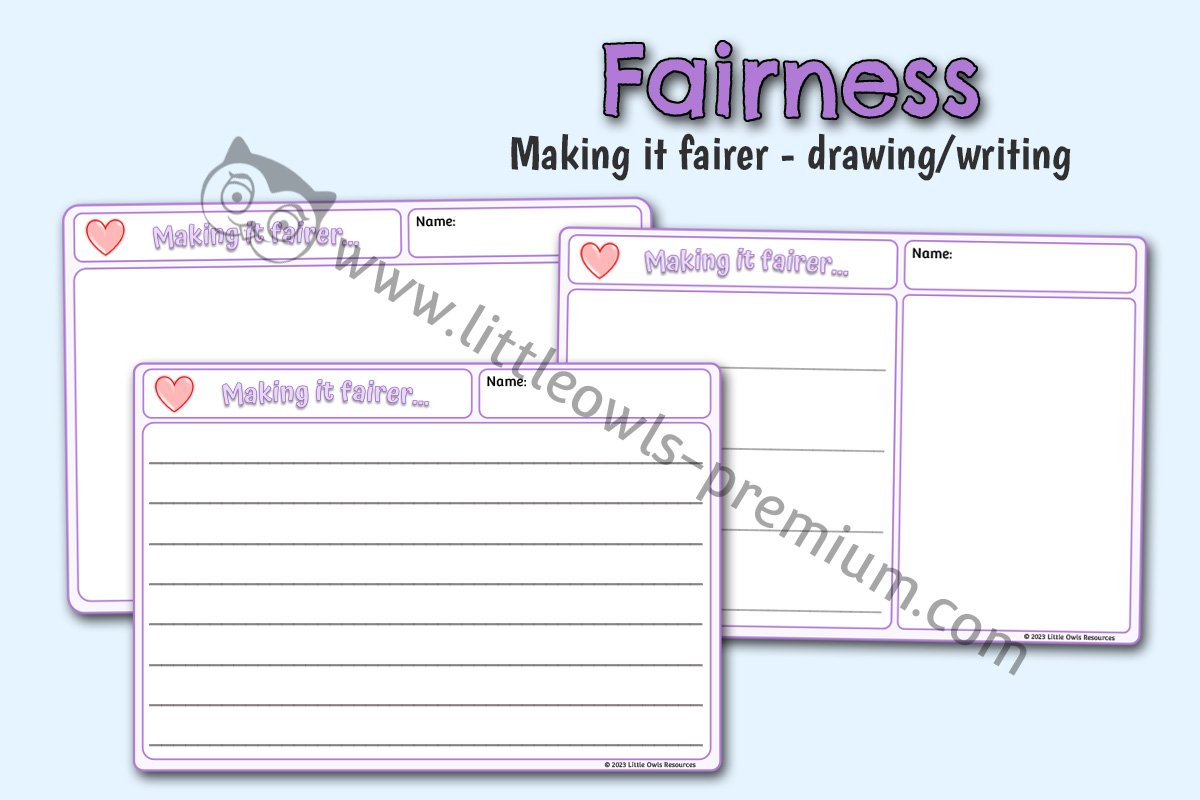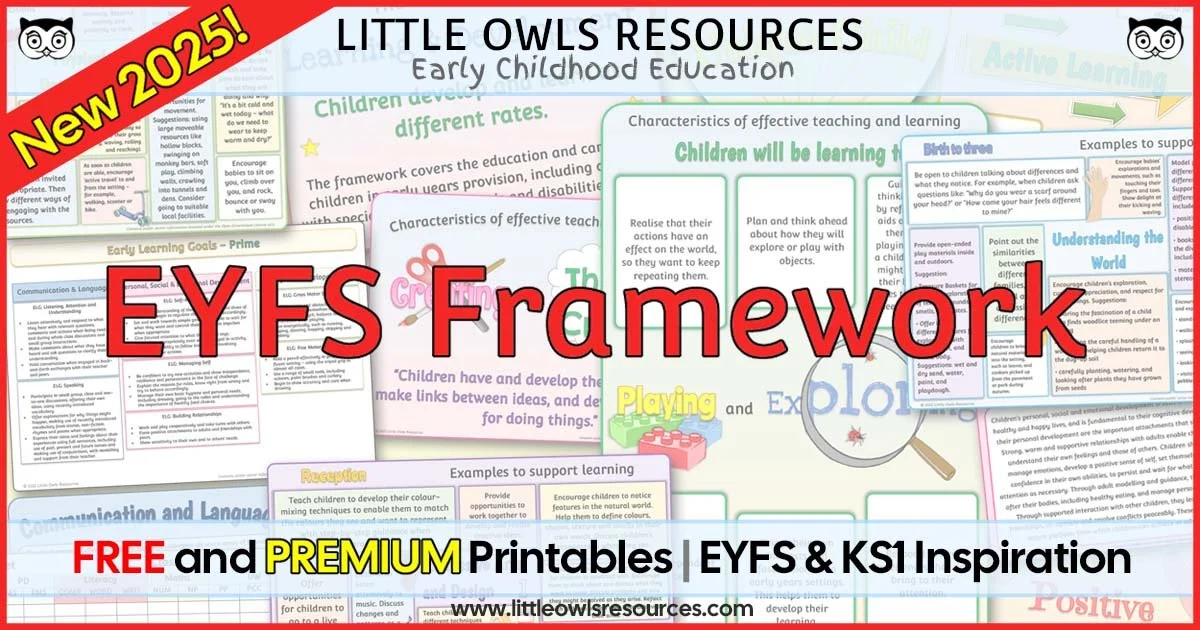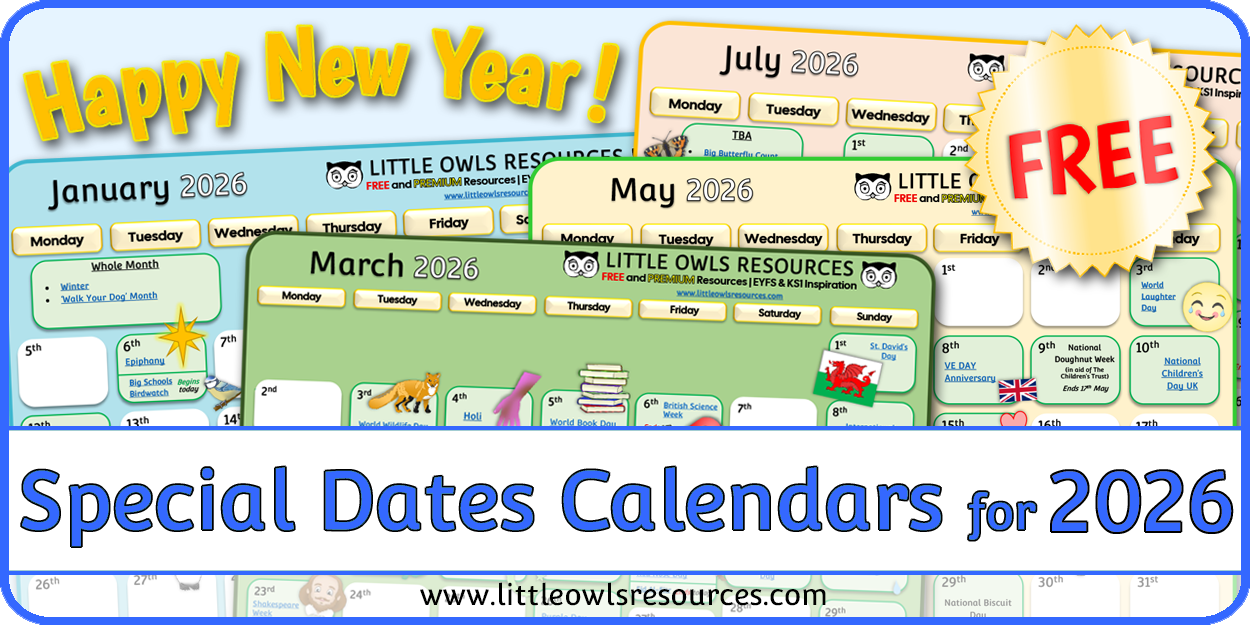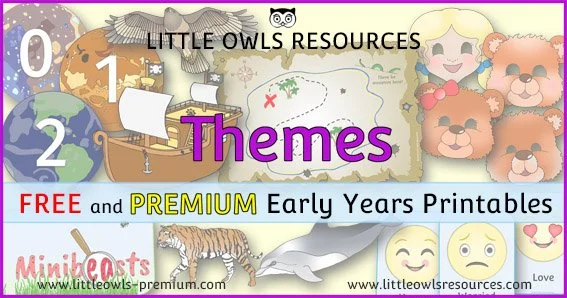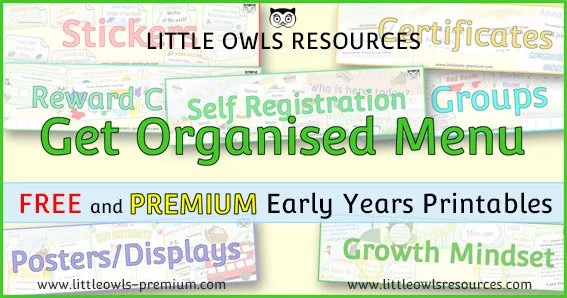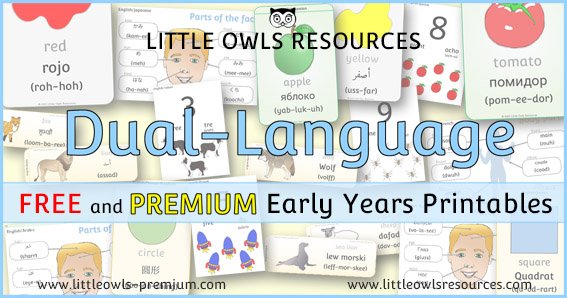Fairness - EYFS/Early Years activities, Displays and ideas
PLEASE SCROLL DOWN TO BROWSE OUR
‘FAIRNESS’ RESOURCES…
SECTIONS:
Free Sample Resources
‘Same vs fairness’ & ‘Equality vs Equity’ - information
Featured Resource
Core ‘Fairness’ Resources
Related special dates - International Women’s Day (Scroll down to find out more)
Related Topics
If you are not a member already, become a ‘Free Access’ member here. This will give you access to resources within the ‘Free Sample Resources’ sections at the top of most pages and ‘Special Dates Calendars’. Some whole topics are even free! Find out more about all of our membership options here. If you are already a member… thank-you! x
FREE SAMPLE RESOURCES! - Coming Soon
(Click on the images below to find out more)
Please note that both Editable (docx file) and non-editable (pdf file) versions are available for all ‘Fairness’ resources. (Editable files require Microsoft Word to work at optimum level and Non-Editable files require a pdf viewer.)
‘Same vs fairness’ & ‘Equality vs Equity’ - information
Whether things feel ‘fair’ or not to us is something that we start to get an understanding of from a very young age and yet it can be very difficult to pin point what ‘fairness’ actually means in real terms, much less work out how to teach it to our youngest children. However, having an understanding of what feels fair can underpin our day to day interactions with others. Here are some definitions (within the context of ‘fairness’) which you may find helpful:
Equality - Each individual or group of people is given the same resources or opportunities.
Equity - Recognises that each person has different circumstances, and allocates the resources and opportunities needed to reach an equal outcome. Practice of equity results in fairness.
When touching on this area with young children you may like to discuss the similarities and differences between everyone being treated the same vs fairly, e.g. ‘Is it fairest to give everyone exactly the same shoe?…or to give everyone a shoe that fits them?’ Making comparisons to animals can work very well with young children, e.g. ‘Is it fair that both a dog and a fish should be expected to live on land?’
Below are some resources we have made as a start to outlining fairness. We have concentrated heavily on picture representations depicting images and situations relevant to young children to get them thinking and discussing what ‘fairness’ means. We hope they help!
Featured Resource
Click on the thumbnail images below for further details…
FAIRNESS - Which is Fairer? - Posters
These posters are intended to be discussion starters regarding fairness.
Each of the six posters provides an easily understandable comparison between ‘same’ and ‘fair’.
Core ‘Fairness’ Resources
Click on the thumbnail images below for further details…
(More coming soon!)
Related Special Dates:
International Women’s Day
International Women’s Day (IWD) is celebrated annually on 8th March in the UK and worldwide. It is a day dedicated to recognising the achievements of women in social, economic, cultural, and political spheres, while also raising awareness of ongoing gender equality issues.
History & Significance
Origins: The day has roots in the early 20th century women's rights movements and was first observed in 1911.
UN Recognition: The United Nations began officially marking the day in 1977, and each year, IWD has a theme to highlight specific issues affecting women globally.
UK Context: In Britain, IWD is an opportunity to celebrate progress in gender equality while acknowledging ongoing challenges such as the gender pay gap, women's rights in the workplace, representation in leadership, and violence against women.
How is it Celebrated in the UK?
International Women’s Day is marked in various ways across the UK, including:
Events & Marches – Rallies, panel discussions, and demonstrations advocating for gender equality.
Workplace Initiatives – Businesses often host talks, workshops, or networking events focusing on women’s leadership and empowerment.
Education & Awareness – Schools and universities organise lectures or activities celebrating influential women in history.
Social Media Campaigns – People share stories, achievements, and messages of support using hashtags like #IWD and #EmbraceEquity (the 2023 theme).
Is It a Public Holiday in the UK?
No, IWD is not a public holiday in the UK. However, it is widely recognised, and many organisations, charities, and individuals take part in events and campaigns.






